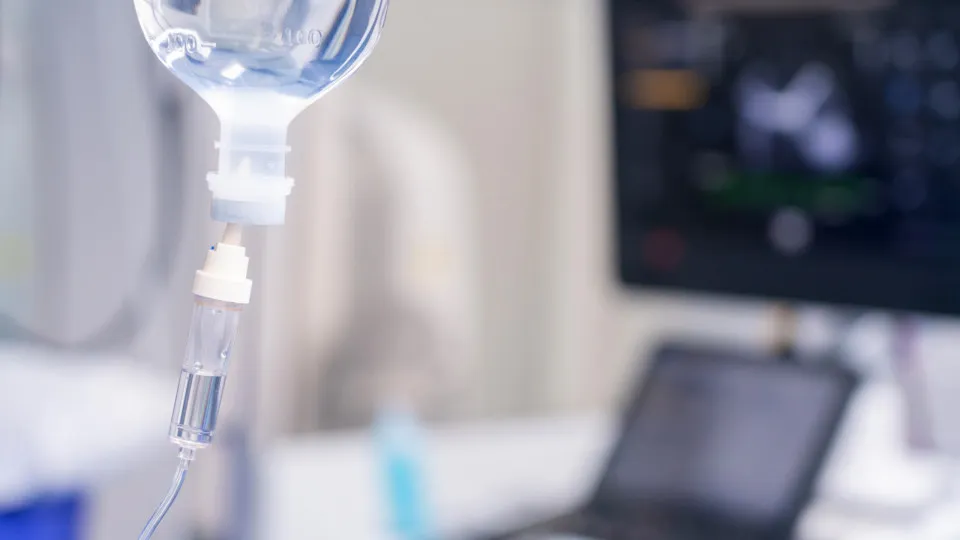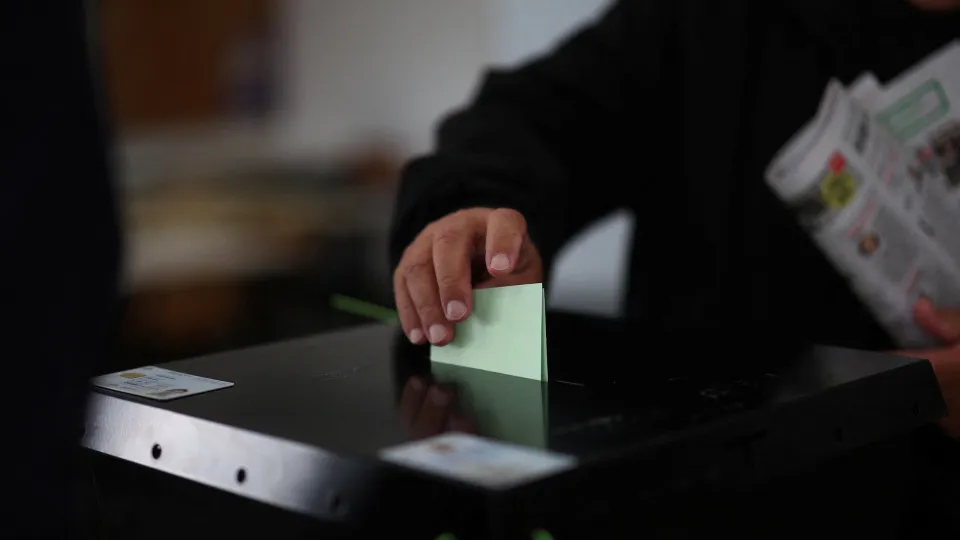
According to the National Index for Hospital Medication Access, 77% of hospitals do not systematically monitor the outcomes of new therapies, although those that do recognize the benefits.
Data further reveal that most hospitals do not reassess a new therapy after its initial use—a step that could aid in renegotiating prices with the industry. Moreover, 80% do not manage data related to the real-world effectiveness and safety of medications.
The government intends to cut the expenditure on goods and services, including medications, by 10%.
Data from Infarmed indicate that between January and September, medication spending increased by 14.9% (+257 million euros) in hospitals and 13.1% in outpatient settings (+162 million euros), totaling 2,381.4 million euros.
In an interview, the president of the Portuguese Association of Hospital Administrators (APAH), Xavier Barreto, acknowledged that “very few hospitals assess the real-life impact of the medications they purchase,” a factor he deems crucial.
“It makes absolutely no sense for us to buy medications costing hundreds of millions of euros without evaluating the concrete clinical impact associated with them,” he stated.
He added, “We are told that patients will improve by a certain proportion, experience less pain, increase functionality, and return to work… and medication prices are set based on these expectations. However, we have no way of confirming if these outcomes materialize. This is absurd if you think about it.”
Barreto advocates assessing the actual life outcomes of patients and subsequently adjusting prices payable to the industry based on the realization of initially expected benefits. “This is what we call risk-sharing agreements, which we rarely implement,” he emphasized.
To encourage medication outcome evaluations and the value added to patients, specific incentives should be created for hospitals.
The National Index for Hospital Medication Access, promoted by APAH, finds 84% of institutions lack any integrated system for managing clinical, financial, and administrative data, which would enable cost-effectiveness analysis of health interventions.
Among hospitals monitoring new therapeutic outcomes, 86% state this monitoring influences their clinical practice and has led to protocol changes or creations.
Monitoring allows understanding if the medications are achieving desired effects and, based on recorded data, may result in switching to equally effective and safer but cheaper drugs.
The Index also collected information on the close dispensing of medications, reaching only 40% of patients who typically obtain medications from hospitals, a figure experts find “below expectations.”
The number of institutions with pharmaceutical consultations has increased significantly from 27% in 2018 to 61% now.
Administrative burden continues to be identified as one of the main barriers in the medication procurement process.




